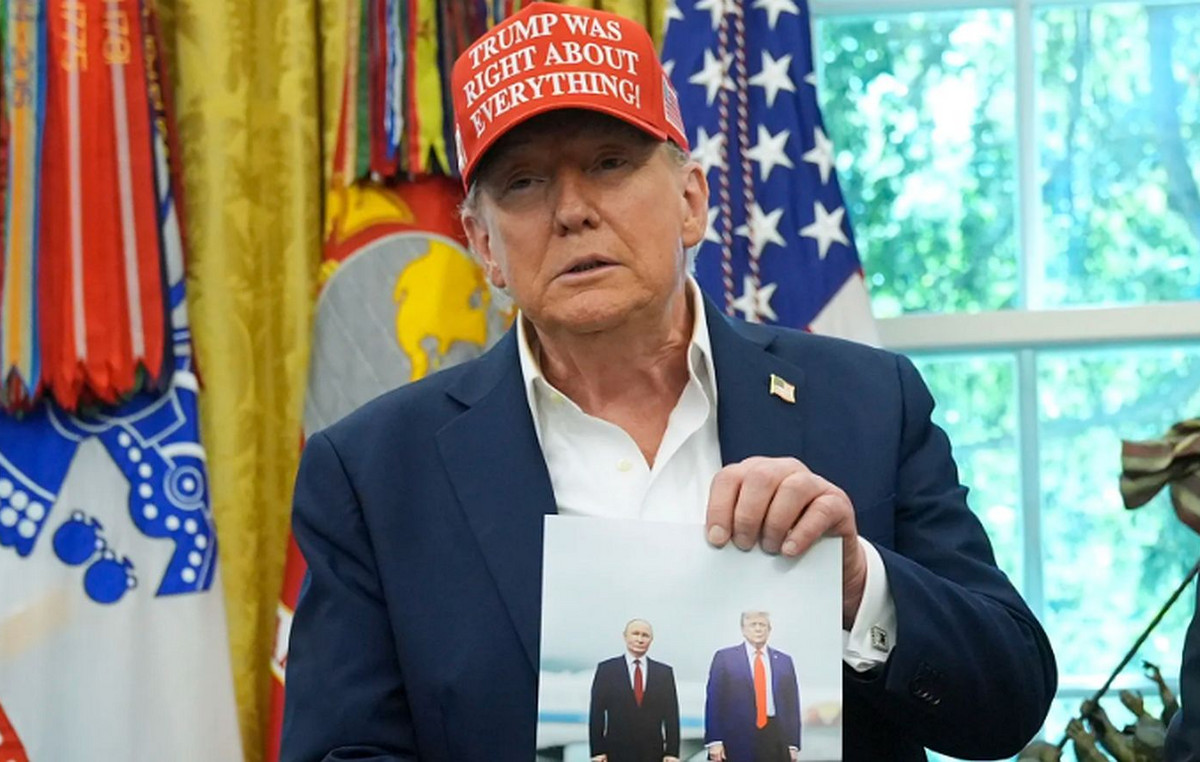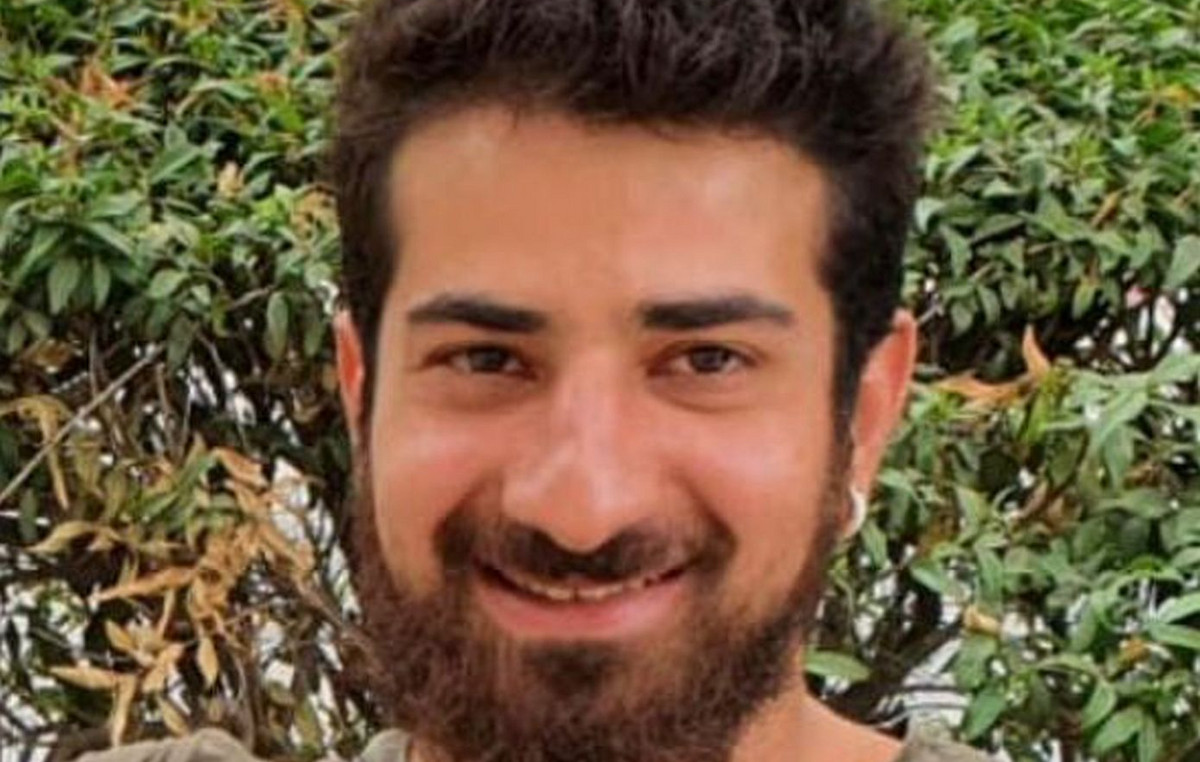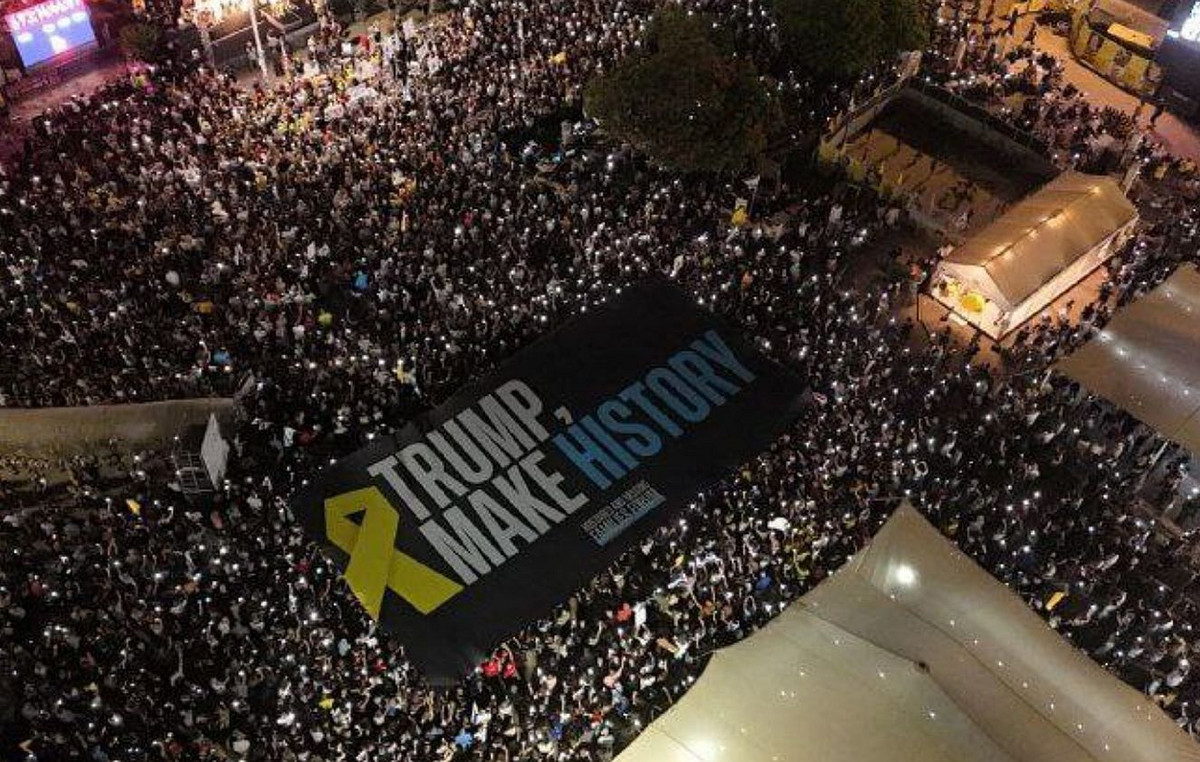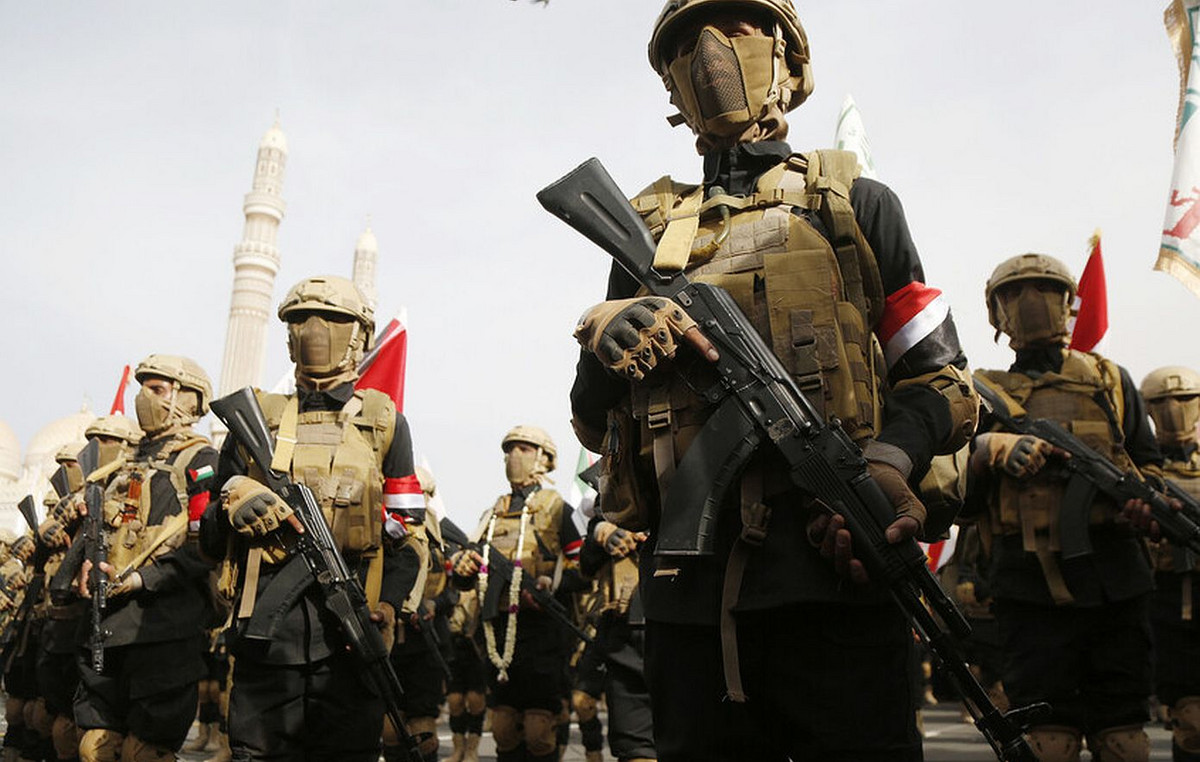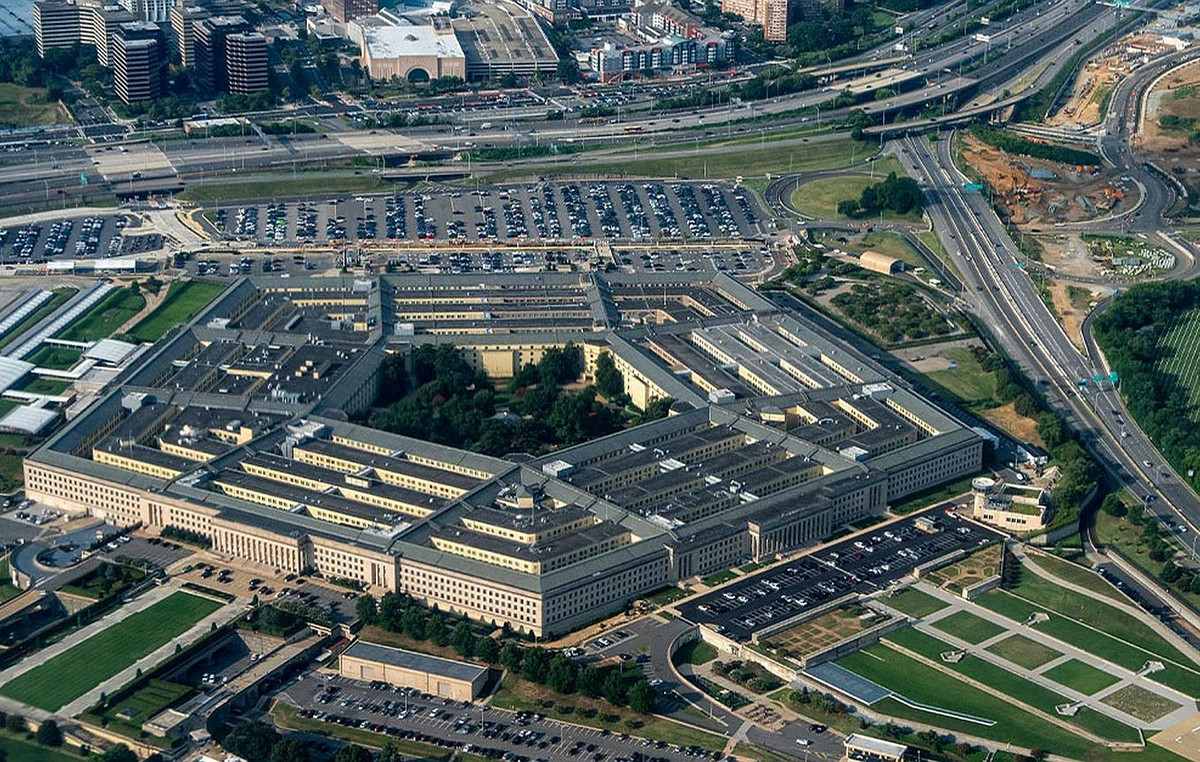Ambassador Benoni Belli, Brazilian representative at the Organization of American States (OAS), believes that the Washington-based entity is experiencing a “crisis of legitimacy” and has lost its relevance in mediating regional conflicts.
For him, the OAS has been used for speeches and criticism, mainly for political leaders to gain points in domestic disputes, but its capacity to mediate anything in Venezuela, for example, is “practically zero”.
“Manichaeism may be efficient in political campaigns, but it is a terrible advisor in international relations,” says the ambassador, interviewed this week on Vozes da Diplomacia.
With a PhD in Sociology from the University of Brasília (UnB) and a diplomat since 1994, Benoni Belli was director of the United States Department and consul general in Chicago before assuming Brazil’s permanent representation at the OAS, where he has been for just over a year.
Read the main excerpts from the interview:
CNN – Brazil’s role in the OAS has been marked by an approach of dialogue and cooperation, especially in times of regional crisis. How do you assess Brazil’s position in the current situation, in which the political landscape, especially in South America, seems increasingly fragmented? Is there effective space for Brazil to act as a leader in the reconstruction of the regional integration project?
At the OAS, Brazil has been working to ensure that political fragmentation does not find fertile ground to thrive. This was the purpose of the joint declaration on open, transparent and inclusive negotiations that we proposed last year. The idea is to prevent groups of countries from imposing their will, often using the strategy of surprise effects, by drafting proposals in small groups and in the dead of night; and by exploiting overly lax procedural rules that allow forcing deliberations without broad discussion.
We must fight against the habit of using the OAS to gain points in domestic political disputes, which almost always leads to the adoption of the easy rhetoric of “us, defenders of good, against them, the evil ones”. Manichaeism may be efficient in political campaigns, but it is a poor advisor in international relations. We have sought to create a space for dialogue and negotiation. However, this is always a challenge in our era of social media, which does not favor dialogue, but rather slander. Recovering good old diplomacy to avoid weakening the OAS is our priority on issues of greater political sensitivity.
CNN – Given the internal crisis that the OAS has been going through for some years now, what are Brazil’s priorities for promoting a more solid and cohesive agenda among South American countries? Do you believe that the organization, in its current form, has the legitimacy and structure necessary to lead this process?
The OAS is a multilateral political organization of a regional nature, but it does not intend to be a regional integration scheme, in the sense of the European Union or Mercosur. It was created in 1948 with the main objective of maintaining peace. It also ended up developing competences in the defense of democracy, respect for human rights and cooperation for development.
Despite the crisis you refer to, I believe that the OAS has been useful in several areas. It would be very difficult, if not impossible, to have effective cooperation in combating drug trafficking or the scourge of transnational organized crime without the participation of all the countries of the hemisphere, and this is a platform that only the OAS offers.
The OAS is currently experiencing a management and governance crisis, with inefficiencies that need to be corrected in the functioning of both the secretariat and its political bodies. This is a consensus among all member states and a large part of the secretariat. But the biggest crisis is one of legitimacy, with a consequent relative decrease in relevance to help resolve crises in certain situations.
CNN – The electoral crisis in Venezuela has been a constant challenge for regional diplomacy. What are the main obstacles that Brazilian diplomacy faces in this mediation? And how can the OAS effectively contribute to a negotiated solution?
It is important to recognize that the OAS, over time, has been deprived of the tools to be a relevant actor in any attempt at mediation or good offices in the Venezuela case. To understand the reasons, it is worth comparing it with the situation in another country, Guatemala, where the OAS played a positive and relevant role.
The main difference is that the then Guatemalan government, despite being in the spotlight, participated in the OAS and found a space for dialogue. Brazil, in fact, was essential in calibrating political pressure without breaking off dialogue, without automatically resorting to the idea of possibly suspending the country for disrespecting the Inter-American Democratic Charter.
It is not easy to prevent the preferential option for sanctions from prevailing, but this has been our daily battle. With a prudent strategy, counting on the country’s participation in the negotiations, it was possible to move forward. The OAS sent an electoral observation mission, a transition monitoring mission, a mediation team between the government and social movements, in addition to the visit by a group of five ambassadors in which I participated.
As for Venezuela, a series of mistakes made since 2017 and before, accompanied by the country’s withdrawal from the organization, have compromised its ability to make a difference in the political arena. That is why the OAS can serve as a platform for speeches and criticism, which is not without its impact, but its ability to mediate anything in Venezuela is practically nil.
CNN – How do you assess the risks of geopolitical tensions between the United States and Russia/China being exacerbated in Latin America, especially due to the situation in Venezuela? How can Brazil act to prevent the regional scenario from becoming a stage for indirect disputes between these great powers?
Brazil is a global player and a factor of stability, development and integration in our region, particularly in South America. We are not interested in importing conflicts and geopolitical rivalries of any kind into our surroundings. We have relations with all countries and do not want to be forced or forced to choose one over another.
I do not believe that a country like Venezuela should be destined to either be aligned or subordinated, becoming an area of influence for anyone. It is a large country with enormous economic potential that needs to find a path to development, harmony, peace and a democratic solution to its conflicts. Of course, only Venezuelans can lead this process, building a sovereign path, with the right to maintain good relations with whomever they wish. And Brazil wants to be a partner in this journey.
CNN – In general, how do you assess the coexistence between the United States and China in Latin America, considering the growing economic and strategic influence of both in the region? What are, in your view, the main risks and opportunities for Brazil in this context of competition between these two powers?
There is obviously a growing rivalry, which has political, economic and technological dimensions. As I have already said, Brazil is concerned that competition should always be regulated, within accepted parameters and rules. No one wins with trade wars and increased geopolitical tension. Therefore, in international forums we advocate compliance with the rules, respect for international law and the peaceful resolution of disputes.
For Brazil, the ideal scenario is for the US and China to reduce tension, find a “modus vivendi” and contain competition by increasing cooperation in areas where convergence is possible.
In our region, I see no problem in economic competition, especially because we are a region that needs investments to increase competitiveness, make the energy transition, and increase the creation of quality jobs. If this competition is civilized, as it should be, it can be beneficial for the countries in the region, as long as they know how to negotiate projects and partnerships.
This content was originally published in “OAS is experiencing a crisis of legitimacy”, says Brazilian ambassador on the CNN Brasil website.
Source: CNN Brasil
Bruce Belcher is a seasoned author with over 5 years of experience in world news. He writes for online news websites and provides in-depth analysis on the world stock market. Bruce is known for his insightful perspectives and commitment to keeping the public informed.


